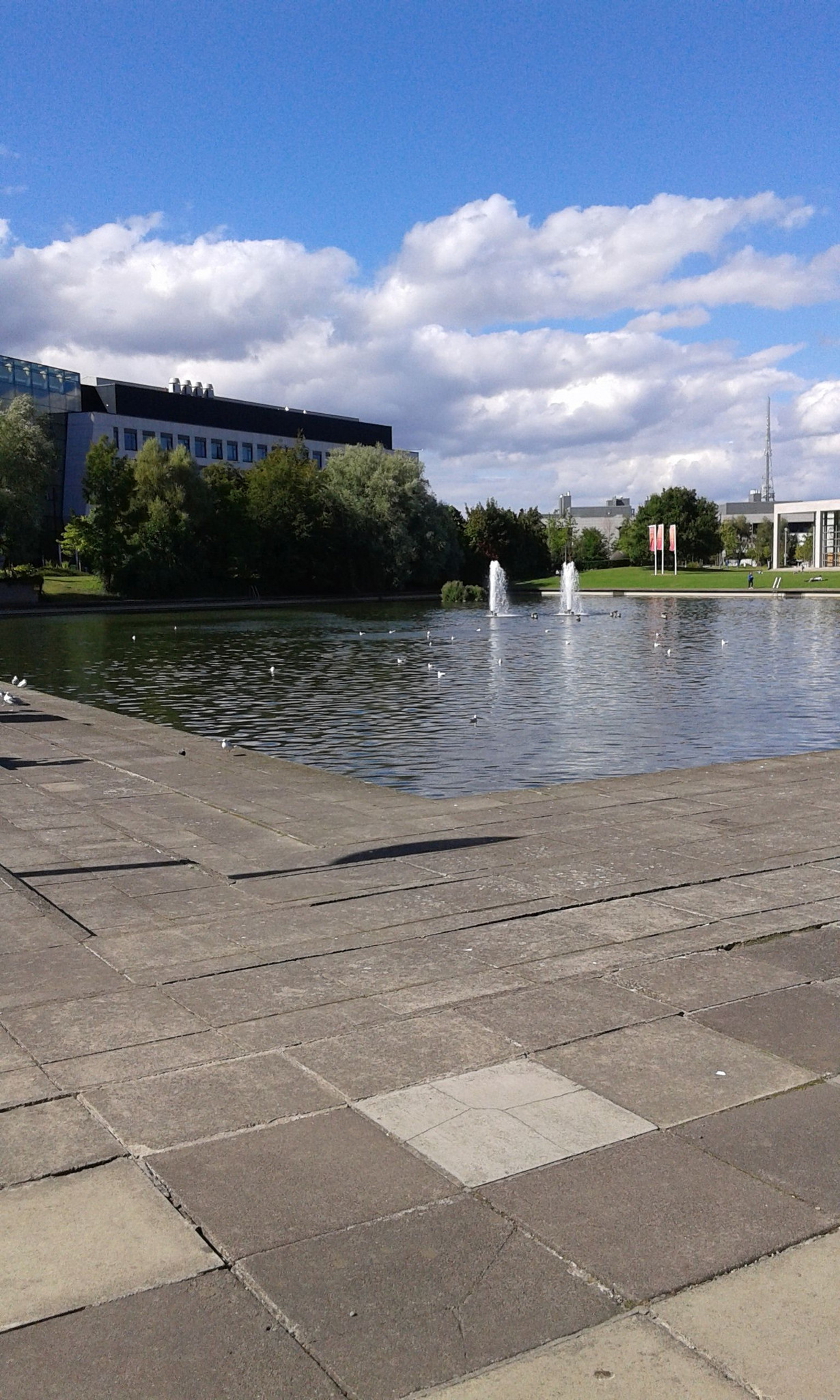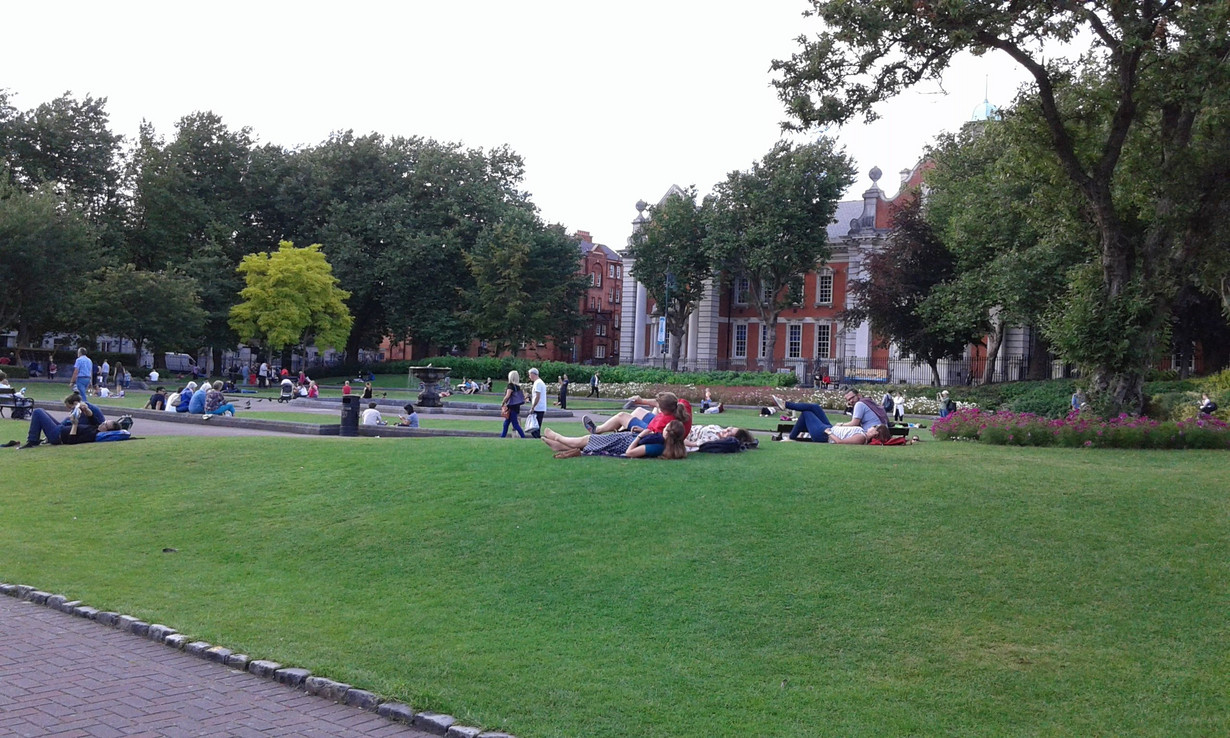Annual Report 2016, Dublin
The ΕΕRΑ Network 23 attracted a good number of contributions for ECER2015, initially with 139 proposals in total. In the reviewing process 8 papers were rejected and 9 were redirected. In the second round of reviewing, 8 submissions were redirected to our NW, 4 of which were rejected. A number of proposals were withdrawn. The contributions were organised in 32 paper sessions, 2 Round Tables and 15 symposium sessions. Five symposium sessions and one Round Table were held jointly with other Networks. More specifically, in the conference programme there were included, as joint events, three symposia held jointly with NW 26, one with NW7 and one with NW9, as well as one Round Table with NW28.
The paper sessions were organised around themes such as:
- New Forms of Governing in School Education
- Policy Reforms and the Regulation of Teachers and Their Work
- Media and Education Policy Making
- Policies and Practices of Evaluation of Quality in Education
- Curriculum Policy Reforms and Their Implications
- Managerial Accountability and its Effects on School Education
- Refugees, Solidarity and the Politics of Education in Europe
- New Modes of Governing HE and Their Effects
- Networks, Privatizations and Governance
- Youth Policies and Educational Transitions
- Policies of Lifelong Learning and Adult Education
- Policies & Politics of Exclusion and Inclusion
- Accountability, (In)equality and Social Justice
The symposia covered themes such as:
- Changing Conditions for Educational Research Governance in Europe. Transnational and National Perspectives on Content, Shape and Directions of Educational Research
- Privatisation and Public Education
- Connecting Alternative Stories: Challenging Narratives about Adults’ and Young People’s Literacy Skills and Practices
- The Impact of Economic Austerity and Refugee Crisis on Adult Education Policy in Europe
- Transitions to Secondary and Higher Education in Europe: An Equity Perspective
- Enacting and Reacting to (Changing) School Evaluation Policies in Europe
- Intellectualizing and Organizing Knowledge: The Construction of Educational Facts
- To See is to Believe? The Shifting Constitution of Evidence in Educational Research, Policy and Practice
The two Round Tables discussed the following topics:
- We Need to Talk about Europe: Policies of Austerity, Crisis Politics and the Collective Responsibility to Defend Public Education
- Effectiveness of Education Policy in Preventing Corruption in Education
Sessions were well attended, with most sessions attracting 20-25 delegates. It is worth mentioning that besides the efforts of presenters themselves, the quality of the experience was partly due to the excellent work done by the reviewers of the Network whose names appear on the EERA Network’s website, as well as by the Chairing persons (mobilised mostly from the reviewers’ list). The venue was excellent, with very good buildings and session rooms and facilities. There was plenty of space for the sessions, and very good spaces for people to meet during breaks. Participants reported that the quality of the sessions was very high and that the Keynotes and Plenary Sessions of the EERA conference as a whole were well attended and very satisfactory, enriching the experience of participating in ECER2016, Dublin for everyone.
Participants in the Network Meeting in Budapest (ECER2015) discussed on-going issues such as the quality of reviewing of papers submitted for ECER conferences, the deepening of understanding of the European dimension with reference to critical education policy research, and collaborations among members of the Network, initially through spreading of information about opportunities for participation in related conferences, publications in special Issues, participation in research project proposals, etc. Furthermore, participants to past Network Meetings had evaluated positively the cooperation of our Network with other EERA Networks.
In the Academic year 2015-2016 we continued our efforts to generate discussions with other Networks, which have similar research interests or address similar topics from different perspectives, through organizing joint symposia. These were submitted to our Network with the proposal to be presented jointly with another Network or they were agreed afterwards between Link-convenors of other Networks.
Concerning communication and dissemination of information, we are very pleased to see that this year the number of colleagues subscribed to the mailing list running on the EERA NW23 website has increased, reaching 174. This is supported by Anne Larson, co-convenor of the NW. Furthermore, there has been better use of the mailing list facility not only from the side of convenors but also from those inside and outside the Network that sent information around for dissemination. We would like to see this medium of communication to be used more broadly and to help in providing continuity to the Network for the periods between the ECER conferences.
Working on the priorities of the Network, as specified in our Network Meeting in Budapest, convenors acted towards extending/renewing the convenors’ team running the NW. So, in July 2016, an open call for expression of interest to join the convenors’ team was distributed through the ECER conftool system. The call invited researchers who identify with the Network’s objectives, perspectives and styles of work to express their interest in joining the current team of convenors. We were especially interested but not exclusively in finding persons, who after familiarising themselves with the work of convenors, would be willing to consider undertaking the position of the Link-convenor. The latter will be chosen by the convenors of the Network and their decision will be put up for discussion and approval at ECER2017. For more information about criteria of selection and procedure, please see Minutes of Network Meeting at ECER2016.
Following this open call for expression of interest to join the convenors’ team, seven applications were received. The team of convenors concluded that all seven applicants were well-qualified researchers who identify with the Network’s objectives, perspectives and styles of work and were delighted to receive so many good responses and persons that want to work for the NW. As so many well-qualified applicants expressed their interest and showed good merits on the specified criteria, country/regional representation (covering several parts of Europe) and gender (aiming at an even composition of the convenors’ group as a whole) were also taken into account. Based on the criteria and procedure, the convenors recommended: Peter Kelly, Plymouth University and Xavier Rambla, Universitat Autònoma de Barcelona.
Also, it is worth mentioning that the Network responded very well to the initiative of the EERJ Moot at ECER 2015, offering one Paper Session, one Round Table and one Symposium which addressed the issue of refugees and gave the opportunity to the conference delegates to reflect on what we are and what we can do as European educational researchers.
As the EERA Council accepts proposals by the NWs about EERA honorary members, the convenors of the NW proposed Jenny Ozga, Emeritus Professor at the University of Oxford, to become an honorary member. This is to recognize her very significant contribution in setting up the NW, convening it in the past and playing a considerable role to its development over the years. The decision of delegates participating in the Network Meeting was unanimous.
Last but not least, thanks to Conor Galvin (UCD Dublin College of Human Sciences, Ireland) and Linda Rönnberg (our co-convenbor), a Network gathering/social event was organized, for the first time, at least in recent years, during the ECER2016 conference (Wednesday evening). This initiative was highly appreciated by many delegates, and convenors decided to repeat it next year in Copenhagen.

